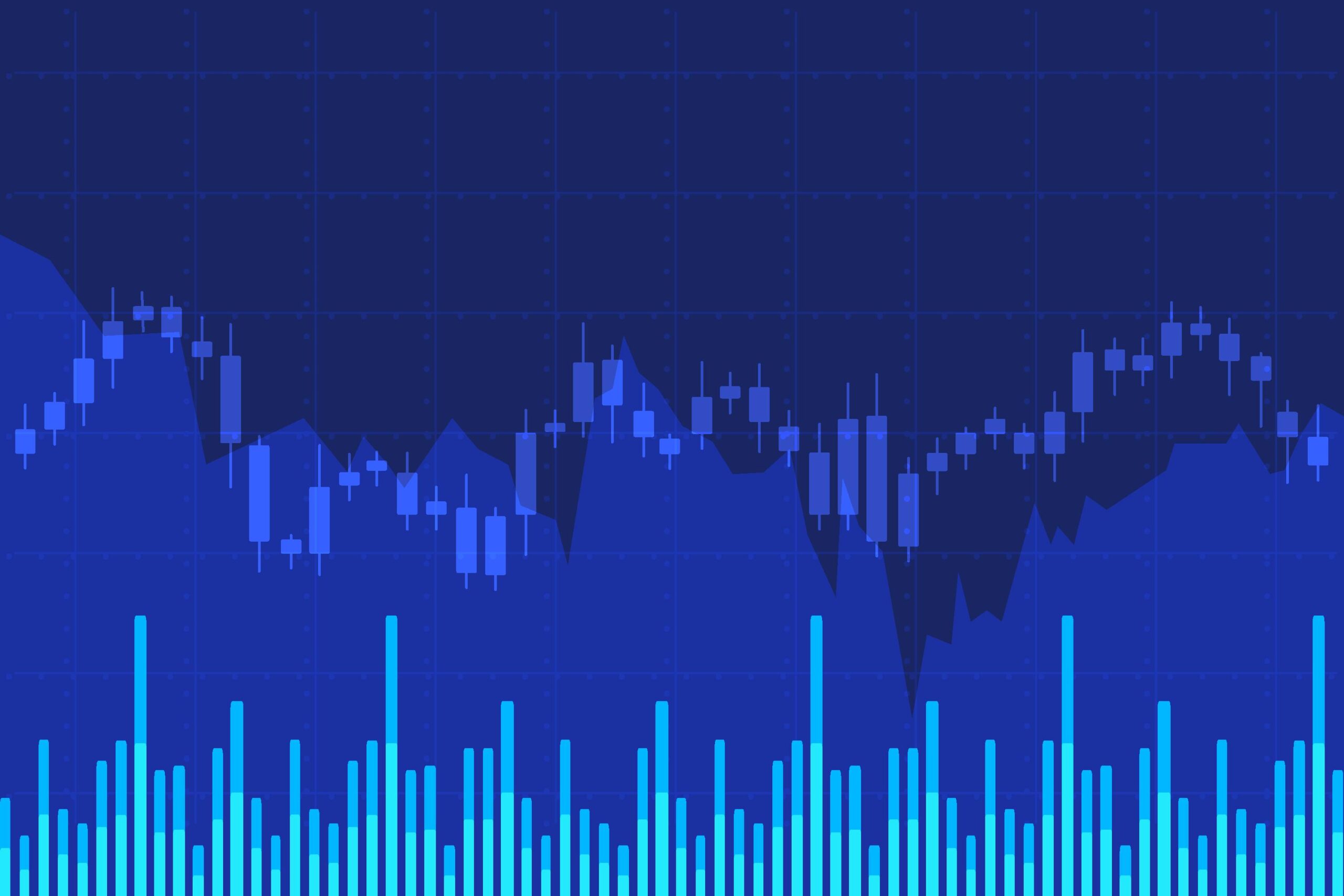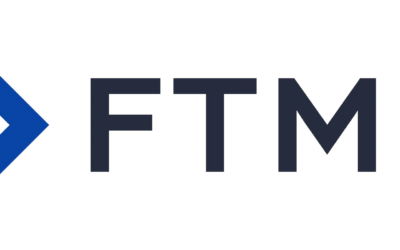Prop Trading Guide

Basic of Propietary trading
Proprietary trading, or prop trading, is when a financial institution trades financial instruments like stocks or bonds using its own funds, aiming to generate direct profits. It employs various strategies that capitalize on market volatility and liquidity. However, prop trading carries substantial risks as losses directly impact the institution’s bottom line. Successful prop trading requires skillful traders with deep market knowledge and strong analytical abilities.
Understanding of Financial Markets:
It’s crucial to have a strong understanding of the financial markets, different asset classes, and how they interact with each other. This includes understanding macroeconomic indicators and trends.
Analytical Skills:
Trading involves analyzing a lot of data, making sense of complex information, and making quick decisions. Therefore, strong analytical skills and a detail-oriented mindset are crucial.
Risk Management:
Proper risk management is essential. This includes understanding how to diversify and hedge your positions to mitigate risk.

Prop Trading Regulation and Ethics
Proprietary trading offers opportunities for financial institutions and individuals to generate profits through sophisticated trading strategies. However, it is vital to remember the ethical considerations and best practices that underpin this field. Integrity, fairness, risk management, compliance, confidentiality, professional conduct, and continuous education are essential pillars of ethical proprietary trading. By adhering to these principles, traders can contribute to the integrity and stability of the financial markets while achieving their trading objectives.
Trading with Firm Capital:
Prop firms differ from traditional investment banks or brokerage firms in that they use their own capital to execute trades. Instead of managing clients’ funds, prop firms allocate their own resources to individual traders or trading teams within the firm. This structure allows traders to take advantage of the firm’s financial backing and profit from successful trading strategies.
Training, Education, and Mentorship:
Prop firms often offer training, education, and mentorship programs to develop the skills of their traders. These programs aim to enhance traders’ knowledge of financial markets, trading techniques, risk management, and technology. Additionally, experienced traders or mentors within the firm provide guidance and support to help less experienced traders succeed. This emphasis on continuous learning and skill development sets prop firms apart and contributes to the overall success of the firm and its traders.
Risk and Profit Sharing:
Prop firms typically employ a risk and profit-sharing model. Traders are allocated a specific amount of capital by the firm, and they use it to execute trades. As profits are generated, a portion of those profits goes to the trader as compensation, while the remaining portion goes to the firm. This model aligns the interests of the traders and the firm, as both parties benefit from profitable trading.
Access to Advanced Technology and Tools:
Prop firms provide traders with access to advanced trading technology and tools. This includes sophisticated trading platforms, real-time market data, research resources, and proprietary trading algorithms. By leveraging these technological resources, traders can execute trades more efficiently, analyze market trends, and develop or implement trading strategies effectively.
I can’t thank PropTradingGuide.com enough for the invaluable resources and guidance they provided me as a trader. Their comprehensive guides and tutorials on proprietary trading helped me gain a deep understanding of the industry and its intricacies. The platform’s educational materials, including market analysis, risk management strategies, and trading psychology tips, have significantly improved my trading skills and decision-making process.

FAQ
Frequently Asked Questions
What is Prop Trading Guide?
Prop Trading Guide is an online platform that provides educational resources, guidance, and support for individuals interested in proprietary trading. It offers a comprehensive range of materials, including guides, tutorials, market analysis, risk management strategies, and trading psychology tips.
What can I expect to find on Prop Trading Guide?
On Prop Trading Guide, you can expect to find a wealth of information and resources related to proprietary trading. The platform covers various aspects of prop trading, including trading strategies, technical analysis, fundamental analysis, risk management techniques, and trading psychology. It also offers mentorship programs, where experienced traders provide personalized guidance and feedback to help traders improve their skills.
Who can benefit from using Prop Trading Guide?
Latest News
FTMO Review
FTMO, a proprietary trading firm based in the Czech Republic, provides a unique proposition for traders around the world. This firm offers forex traders the opportunity to manage its capital if they...
Are Prop Firms Legal? – A Comprehensive Examination of the Legitimacy and Operation of Proprietary Trading Firms
Are Prop firms legal? - The global financial marketplace offers an array of complex and varied avenues for investment and trading, one of which is represented by proprietary trading firms, often...
Prop Firms: A Gateway to Success in Trading and Investing
Proprietary trading firms, often referred to as prop firms, have gained significant popularity in recent years as a viable option for aspiring traders and investors. These firms provide individuals...




